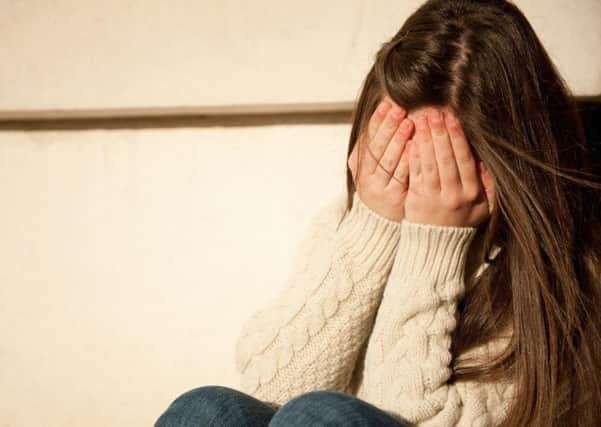How to spot the signs of child sexual exploitation


By raising awareness of the issue through campaigns and advice, charities, organisations and the police are hoping to protect more children from exploitation.
Child Sexual Exploitation (CSE) is a form of sexual abuse that involves the manipulation and/or coercion of young people under the age of 18 into sexual activity.
Advertisement
Hide AdAdvertisement
Hide AdWest Yorkshire Police’s ‘Know the signs’ campaign aims to advise everyone of the typical signs of child sexual exploitation and what they should do if they know a young person who might be a victim.
There are three main types of CSE:
Inappropriate relationships – this usually involves one perpetrator who has inappropriate power or control over a young person. There is often a significant age gap and the victim may believe they are in a loving relationship.
Boyfriend’ model – the perpetrator befriends and grooms the young person into a ‘relationship’ and then convinces or forces them to have sex with friends or associates. This is sometimes associated with gang activity.
Organised sexual exploitation – young people are passed through networks where they are forced into sexual activity with multiple men. This often occurs at ‘sex parties’ and the young people may be used to recruit others into the network.
Some of the visible signs include:
Advertisement
Hide AdAdvertisement
Hide AdRegularly missing from home or school and staying out all night
Change in behaviour – becoming aggressive and disruptive or quiet and withdrawn.
Unexplained gifts or new possessions such as clothes, jewellery, mobile phones or money that can’t be accounted for.
Increase in mobile phone use or secretive use
Appearing to be under the influence of drugs or alcohol
Being picked up or dropped off in cars by unknown adults
A significantly older ‘boyfriend’ or ‘friend’ or lots of new friends
Advertisement
Hide AdAdvertisement
Hide AdSpending excessive amount of time online and becoming increasingly secretive about time spent online
Sudden involvement in criminal behaviour or increased offending
Sexual health problems
Childline recently revealed that it had delivered 3,122 counselling sessions about child sexual exploitation in 2016/17 compared to 2,340 in 2015/16 – a 33 per cent increase.
Children’s charity NSPCC can help if you are worried about a child. An NSPCC spokesperson said: “Whether child sexual exploitation is happening online or offline, groomers will use the same devious tactics to manipulate and control young people so they can abuse them for their own pleasure.
Advertisement
Hide AdAdvertisement
Hide Ad“It can be incredibly confusing and difficult for children and teenagers to realise that they are being exploited, with some believing they are in a relationship with their abuser. Our Childline counsellors hear about the guilt and shame that young people feel, so it’s vital that any young person in this situation knows they are not to blame. “We want young people to know that Childline is there for them, whatever their worry, to answer any questions and offer support and advice.”
If anyone has any concerns that a child they know may be a victim of Child Sexual Exploitation report it to West Yorkshire Police by calling 101 or call Crimestoppers anonymously on 0800 555 111. In an emergency or if a crime is ongoing always dial 999. The NSPCC can also be contacted on 0808 800 5000